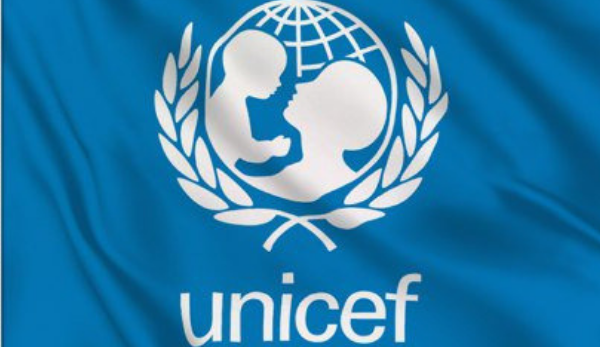As Nigeria joins the rest of the world to commemorate the International Day of Education, UNICEF has commended the significant progress made in providing access to education for 7.2 million children in humanitarian settings across Nigeria.
The commendation is contained in a statement made available to newsmen in Abuja on Wednesday by Safiya Akau, Communications Officer, UNICEF Nigeria.
Akau quoted Cristian Munduate, UNICEF Nigeria Country Representative, as having commended the collaborative efforts of the government, donors, and partners, calling for concerted efforts to enhance school safety in Nigeria.
“A recent evaluation indicates that, on average, only 43 per cent of the Minimum Standards for Safe Schools are being met in about 6,000 assessed schools.
“This finding particularly highlights challenges in ensuring the safety of school infrastructure and in mitigating risks such as violence, conflict, and natural hazards,” she said.
Munduate said that Nigeria had shown a commitment to creating safe school environments by endorsing the Safe Schools Declaration and developing the Minimum Standards for Safe Schools.
She, however, said there is room for further progress, while also calling for collective responsibility in safeguarding the educational environment for every child.
“Education is a key driver of gender equality, economic growth, and social development, but sadly, it remains inaccessible to many Nigerian children.
“Their educational journey is often disrupted by attacks on communities and schools, including the abduction of students.
“These challenges are particularly acute for adolescent girls, potentially stalling the progress made in girls’ education in Nigeria,” Munduate added.
She said that the 2021 attacks on schools, particularly in the North-East and North-West regions, had led to learning disruptions for over 1.3 million children, necessitating precautionary school closures.
The UNICEF chief, therefore, called for a multi-sectoral approach to improve school safety through comprehensive planning, coordination, and adequate resource allocation, especially in states with higher risks.
“To complement these efforts, UNICEF emphasises the importance of alternative learning platforms, such as the Nigerian Learning Passport.
“This digital platform, with over 750,000 users, offers curriculum-aligned materials and is crucial for ensuring continuity of education, especially during school closures.
“UNICEF remains committed to working with the Nigerian government, donors, and all partners to ensure that every child has access to a safe, inclusive, and quality education,” Munduate added.
The News Agency of Nigeria (NAN) reports that the theme of the 2024 International Day of Education, ‘Learning for lasting peace,’ was to remind the world of the crucial role education plays in promoting peace and stability.
It was also meant to galvanise all stakeholders—including federal and state governments, development partners, civil society, communities, and educators—to ensure safe and secure learning environments. (NAN)



![UNICEF Job Opportunities In 2 Positions [APPLY NOW] UNICEF Job Opportunities In 2 Positions [APPLY NOW]](https://abntv.com.ng/wp-content/uploads/2025/08/UNICEF-238x178.jpg)
![Late Chinyere Gladys Mbakwe Set For Burial Feb. 20 In Umuahia [SEE POSTER] Mrs. Chinyere Gladys Maduabuchi Mbakwe Set For Burial Feb. 20 In Umuahia [SEE POSTER]](https://abntv.com.ng/wp-content/uploads/2026/02/FB_IMG_1771516412563-300x194.jpg)




![Late Chinyere Gladys Mbakwe Set For Burial Feb. 20 In Umuahia [SEE POSTER] Mrs. Chinyere Gladys Maduabuchi Mbakwe Set For Burial Feb. 20 In Umuahia [SEE POSTER]](https://abntv.com.ng/wp-content/uploads/2026/02/FB_IMG_1771516412563-100x75.jpg)